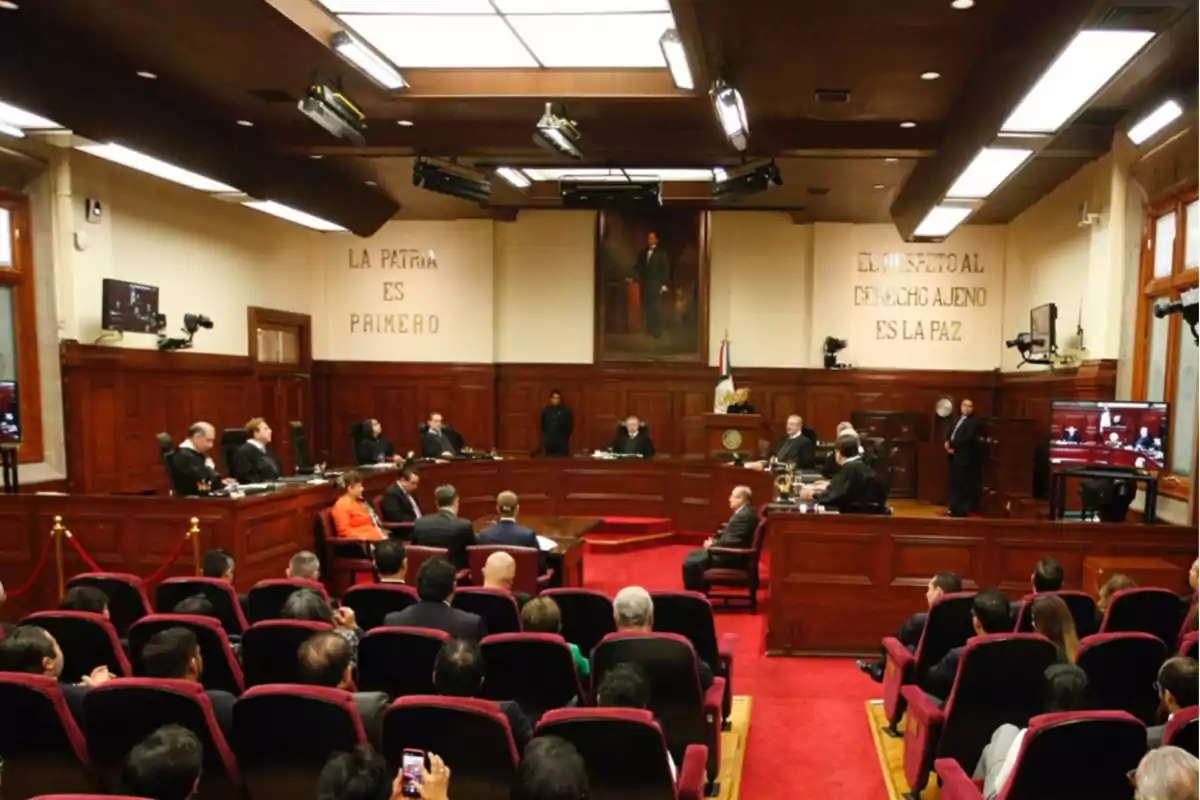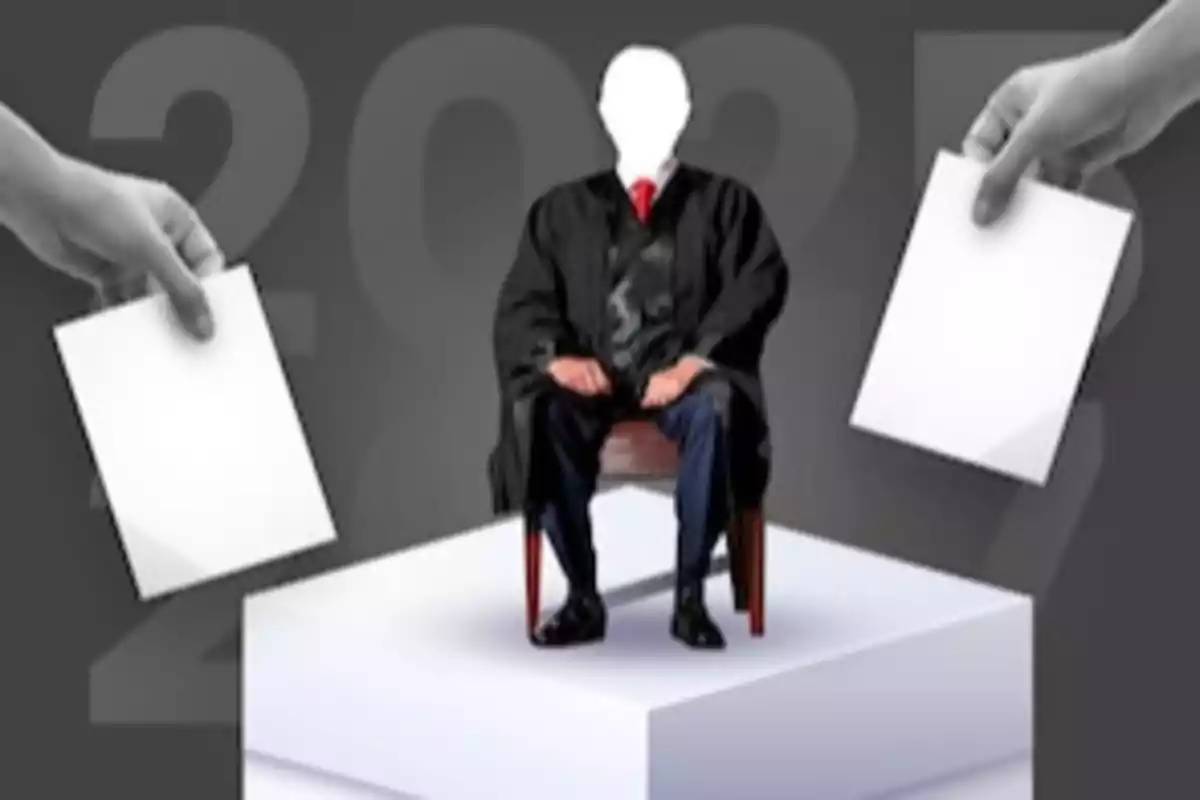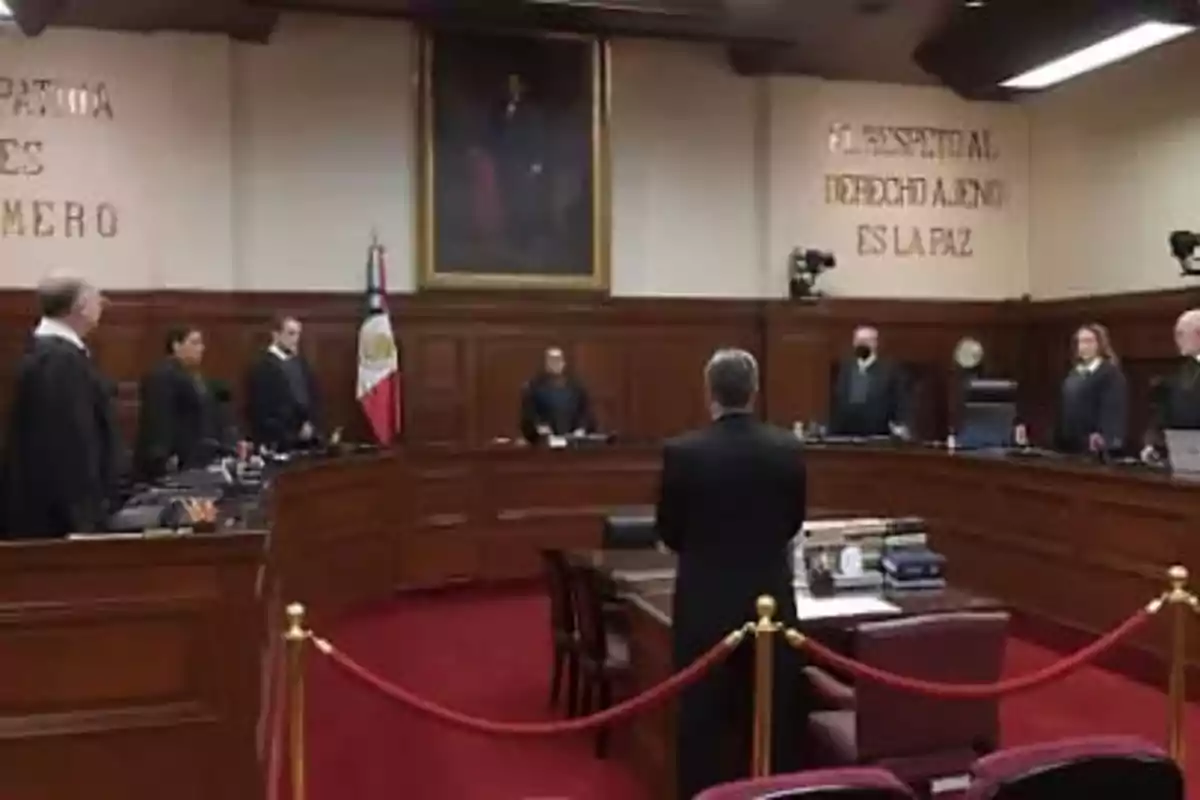
The selection of judges began and experts warned about the politicization of justice.
Judges, ministers, and constitutionalists questioned the process that turns justice into an electoral campaign
The start of the electoral process sparked criticism among jurists
Campaigns have begun to elect judges and ministers by popular vote.
Experts and magistrates expressed criticism over the risks to judicial impartiality.
Francisco Burgoa, constitutional lawyer, warned that the new model will not solve the problems of the Judicial Branch.
According to him, rather than strengthening it, it will subject it to the logic of the vote and popularity.
The main concern is that the candidates will seek partisan support.
Instead of defending judicial independence, they could focus on gaining sympathies.

Candidates offer empty promises to gain sympathies
Magistrates like María Emilia Molina also questioned the discourse of the candidates to the Judicial Branch. She pointed out that many repeat phrases like "prompt and expeditious justice" without proposing substantive reforms. She stated that these narratives only seek votes and align judges with the ruling party.
Experts warn that the model of popular election breaks with judicial impartiality. Now judges must campaign and compete politically, as if they were legislators. This, they point out, exposes them to partisan pressures.

Ortiz Ahlf launched her campaign with union support
One of the figures seeking reelection is Loretta Ortiz Ahlf, minister of the Supreme Court. She started her campaign with the support of the Mexican Electricians Union and the Cruz Azul Cooperative. She recalled that as a member of the Judiciary Council, she felt limited by the law to sanction corruption.
However, her criticisms contrast with her silence in the face of the remarks by former President López Obrador, who called the Judicial Branch a "vase." Her candidacy reflects the contradiction of those seeking judicial independence under the shadow of the ruling party. Ortiz Ahlf's stance evidences a closeness to power that puts her impartiality in doubt.
Mexican justice was trapped in the polls
Since its approval, the judicial reform has been pointed out as a threat to the separation of powers.International organizations and experts have warned that the popular election of judges could mean the end of the autonomy of the Judicial Branch. The risk is not minor: judges elected by votes, financed by political interests, and subjected topopulist campaigns.
Citizens will now elect those responsible for administering justice as if they were mayoral candidates. Although the government presents it as a democratic advancement, the reality is that Mexican justice was turned into electoral merchandise. The judicial process stopped focusing on the law to adapt to campaign logics.
More posts: